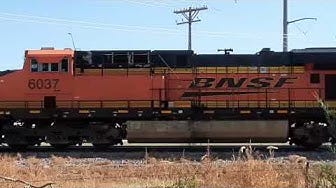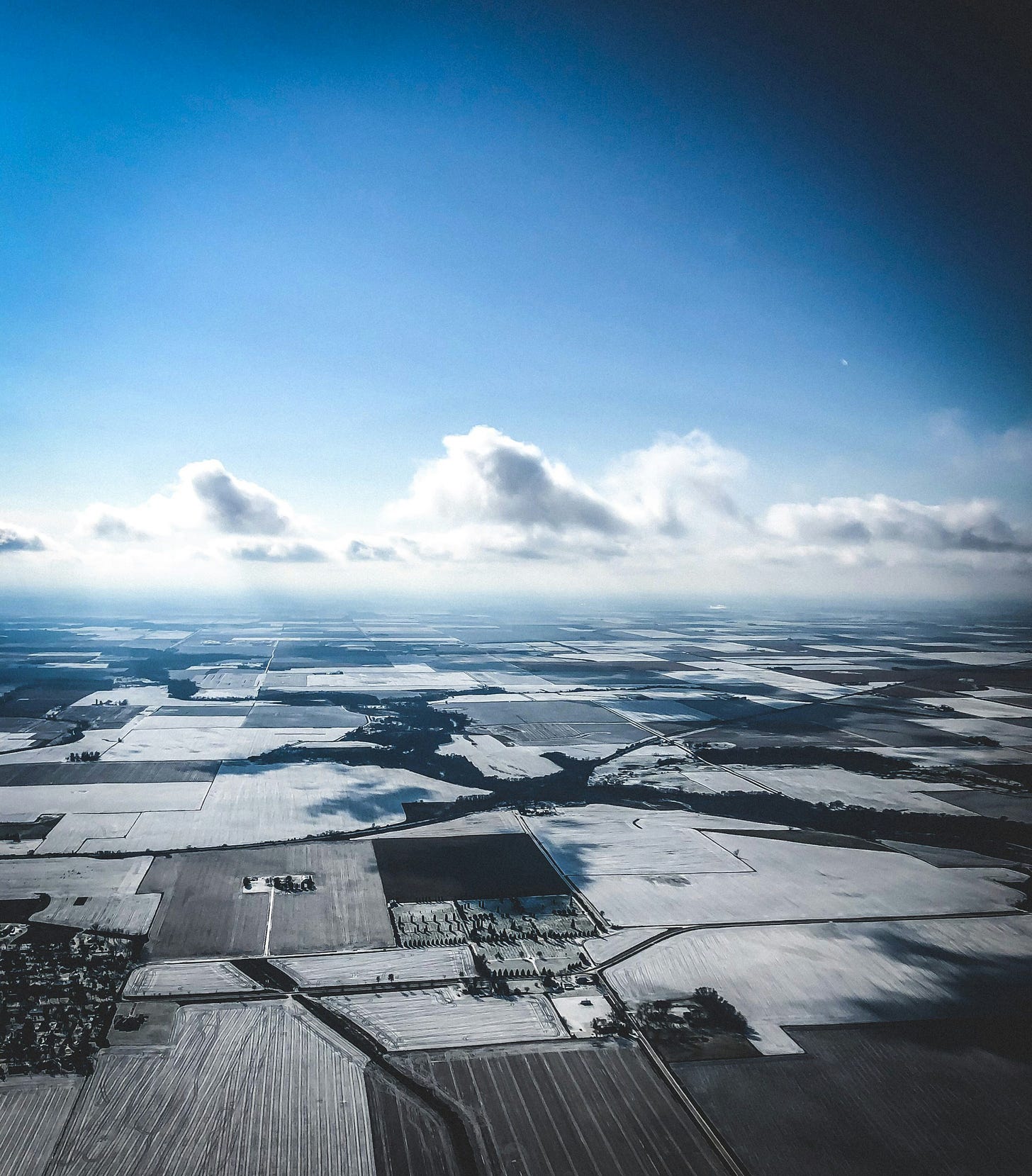Note: You can start reading here or anywhere, then go back. See Table of Contents. Come in the middle? Robert is the narrator who discovers after his wife Lena has died that she had a lover, Isaac. Evan is Isaac’s wife. Robert is on a search for how he lost Lena: He’s creating the story through memory, invention and a search for the truth and his role in what happened—and by stalking Isaac.
Heroes
I remember a headline in the paper. Man honored for heroism. He tried to save his seventy-five-year-old neighbor from a fire—somewhere in Canada, far from me or anything I cared about, but I remember this: He pulled her from the house, but she died later.
Lena, in her blue gown, the blue of the morning, the blue inside the flame. Lena, in the dawn, in the blue light, fragile in thinness, her breasts, a curve barely discernible. I want to touch her breasts, encircle her back with my body and hold them in the palms of my hands to comfort her.
While she was dying, I followed Isaac into the parking garage at the Air and Space Museum, where he parked when he didn’t use the Metro. I parked my car two rows behind his. I got out and stood. He looked at me, maybe four car lengths away. Meanwhile, Lena lay in a bed that was not in our house. She lay in the bed where she would die.
I have had this dream. I get off the train. The train doesn’t stop for long and I know that. I go around to the luggage rack, which is at the end of the train—illogical, the way dreams are—and see my suitcase and a wheelchair. I think, What should I take first? The train starts to move and I take the suitcase, leaving the wheelchair. It’s too late to take it.
My father is now in a wheelchair. He’s angled and bent from Parkinson’s disease and a fall that broke his hip.
When does grass turn to milk? I want to ask him now, but he rarely speaks and when he does, he says, “I’m confused.”
I stood there in the garage, not in Iowa on the hills above the farms. I stood like the stranger. My head was full of saving, I, who abandoned. I was not at his side. I was not at Lena’s side, where I should have been. What if she’d died while I was there in that parking garage?
I wanted to tell Isaac about the conductor of a train driving through Lafayette, Indiana, in the Midwest where the trains, like the trains in Iowa, run through towns. In Whiting, the sound of the train cuts through the quiet that is farmland, fields of checkerboard greens, of mowed, fallow land and planted land, growing fields of corn and soybeans. You can stand on the hill, the Loess hills where the sand blew into the flat land and made the apex where it’s possible to see it all, see the patterns of tracks in grass, lying in squares like painted frames of work by a lone man on his tractor, lying next to the work of another. Work, squared.
When I’d stand on those hills, the fields looked like the ocean to me, fields that covered all, that soaked the horizon with shifting shades of green like the Atlantic Ocean. This is the land where the train runs through, where its roar is part of the quiet like wind, where a conductor saw one-year-old Emily wander onto the track. He put on the emergency brake, climbed outside the cab and pushed her out of the way with his leg, jumped from the train, took her to paramedics.
I keep a list of heroes.△
Isaac and the baby, chapter 15 coming next
Table of Contents
Love,





The criss-crossing tracks of our lives, sometimes ending in tragedy, other times, heroism. I feel Robert’s longing to know which path was his.
"When does grass turn to milk?" Not only is the story you're weaving incredibly rich and complex, so are the questions within the story. I've never thought about when grass turns to milk, but surely it does at some point. And when does nectar turn to honey? I'm not sure but I know it takes some time. Regardless, I am looking forward to reading what happens next.